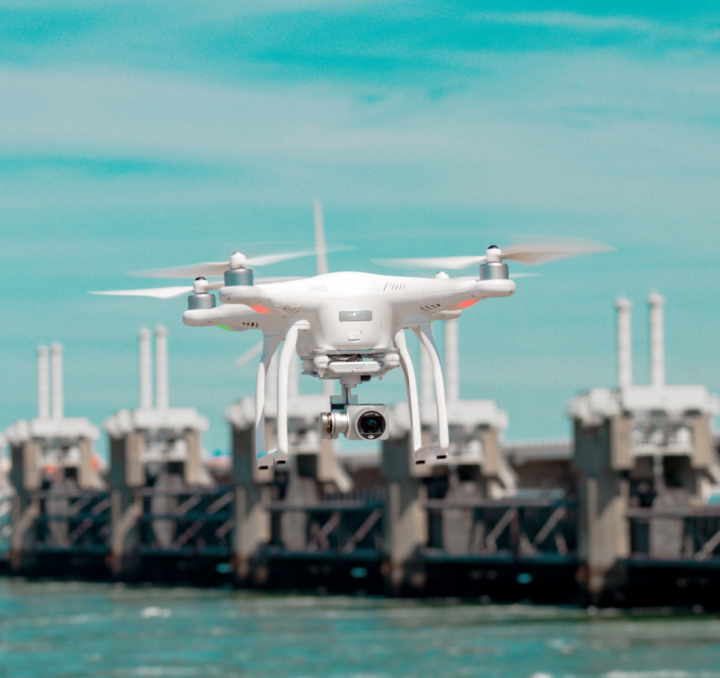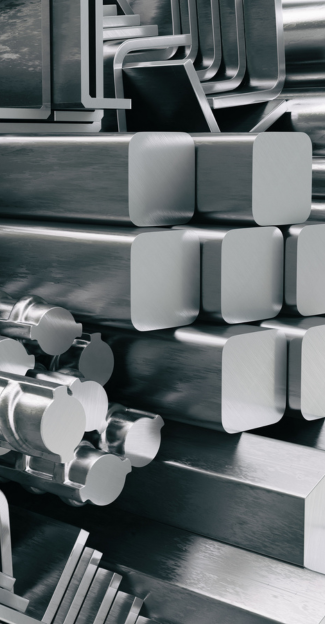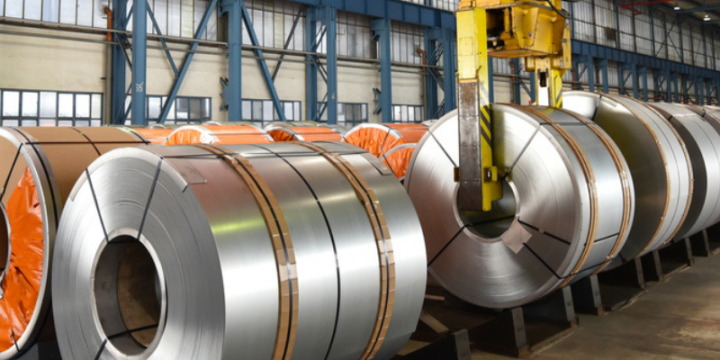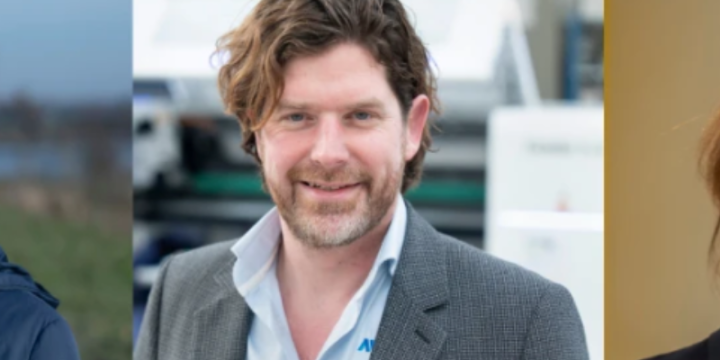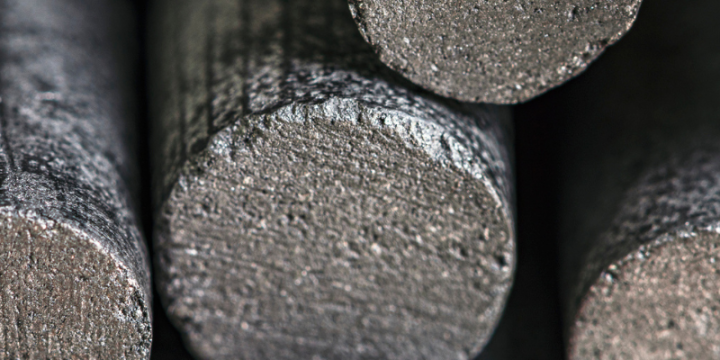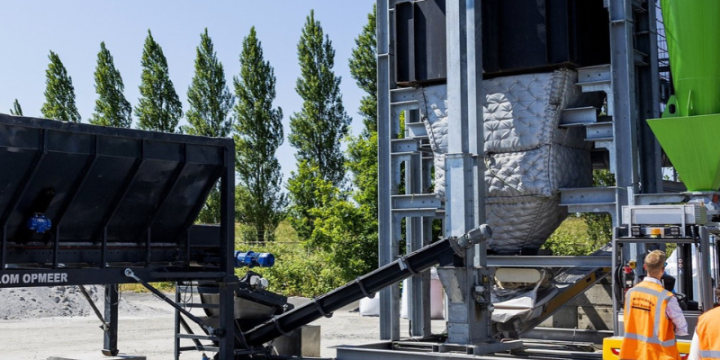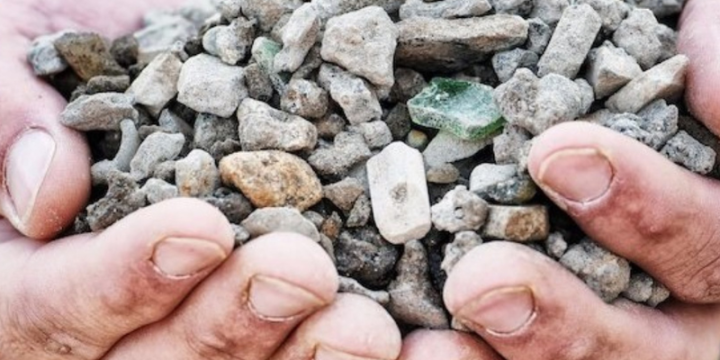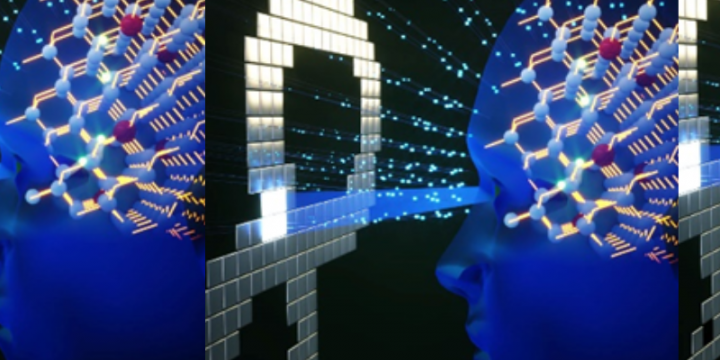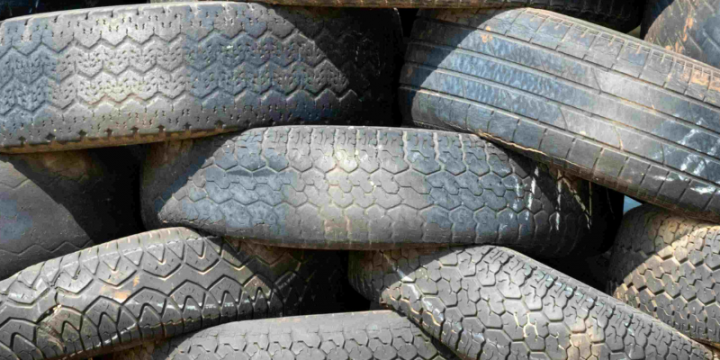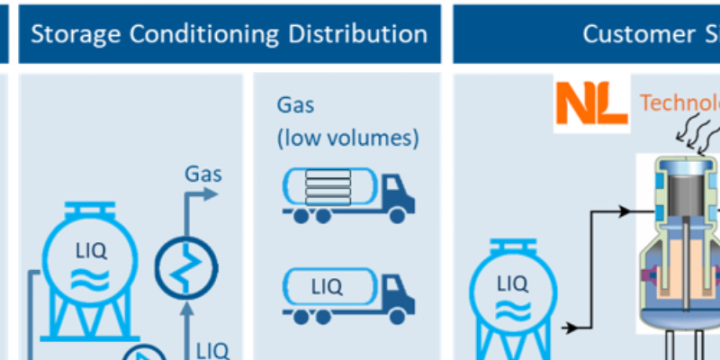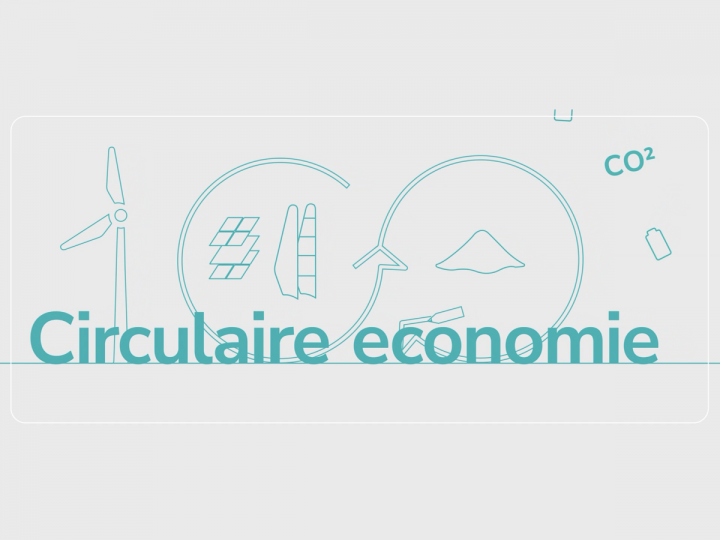Ambition
The hightech systems and materials sector supports its supporters in the transition to the circular economy. We do this by focusing on innovation programs with which we take a significant step towards a circular economy both within and outside the sector. To this end, we are developing a concrete action agenda for the circular economy in the hightech sector. Based on that agenda, we work on innovations for and with the high-tech manufacturing industry that contribute to the circular transition worldwide.
Our agenda focuses on three effects of the transition to the circular economy on our High-tech Systems and Materials sector: how do we innovate to make our own products and processes more sustainable, how do we innovate to make products and processes of other sectors more sustainable and how do we take advantage of the opportunities that provides the transition for new value chains. We want to have a good connection with other circular activities in the Netherlands. That is why we follow the program layout of the Knowledge and Innovation Agenda (KIA) Circular Economy 2024-2027 for our agenda:
1. Designing for circularity
We replace materials, for example with biomaterials, recycled material and element substitution in metal alloys. In addition, we create robust designs to increase the lifespan of products. We design them in such a way that they are more easily suitable for maintenance, repair, refurbishing and remanufacturing.
2. Circular raw material chains and processes
We optimize the use of circular raw materials and improve the raw material efficiency of processes. This includes reuse and recycling of, for example, plastics (see the NGF Circular Plastics NL project, which was co-led by the HTSM Top Sector), metals and critical raw materials (see the National Raw Materials Strategy) and the replacement of fossil raw materials with bio-raw materials. To this end, we focus on technical and system innovations so that, as a high-tech sector, we can use raw materials more efficiently and thus develop solutions for other sectors.
3. System transition and acceptance
A successful transition requires more than just technological innovations. We must get companies, consumers and governments on board with the transition. Our attention is mainly focused on awareness: the realization that the transition to a circular economy is necessary and offers opportunities for the high-tech industry. We also emphasize the importance of collaboration between industry and governments to create markets for circular economy solutions.
In addition to the program division of the KIA Circular Economy, we are adding a fourth line: digitalization. Digitalization plays an important role in achieving the circular objectives within and outside our sector. Consider, for example, circular product passports, predictive and preventive maintenance, digital twins and reverse logistics. Far-reaching digitalization is needed so that our sector takes sufficient steps towards circularity and further increases productivity.
Using our action agenda as a starting point, we give the transition to a circular economy a central place. Not only in the programming of Holland High Tech and the high tech systems and materials sector, but also in the roadmaps. Based on this agenda, the Transition Team makes proposals for additional incentive measures for circular innovations. These proposals are in addition to the projects that have already been submitted by knowledge institutions within the strategic programs of the PPP Innovation Scheme.
In addition, at Holland High Tech we are alert to opportunities for new public-private partnerships in the field of the circular economy: do they fit in with the KIA Circular Economy, do they fall within the programs of the National Growth Fund or in a European context? Finally, at Holland High Tech we continue to engage in discussions with national and regional governments to remove obstacles.
